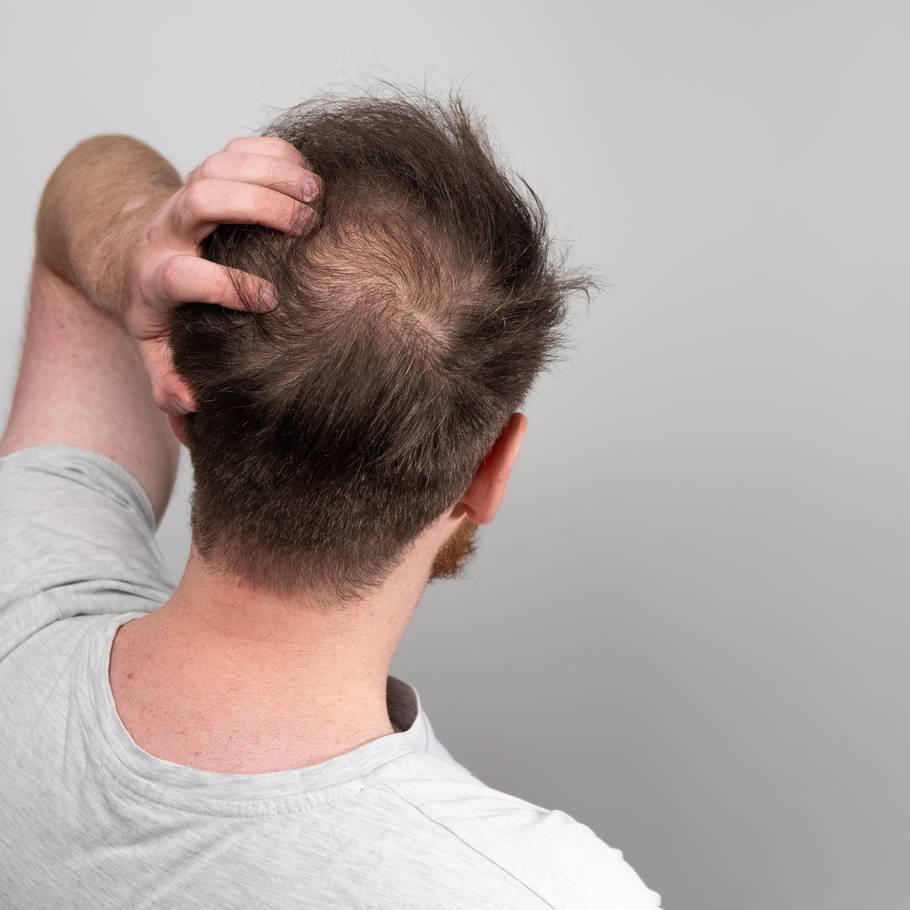Pulse of Information
Stay updated with the latest news and insights.
Hair Today, Gone Tomorrow: The Surprising Truth About Hair Loss
Uncover the shocking secrets behind hair loss and discover effective solutions to regain your confidence. Don't let your hair woes define you!
Understanding the Causes of Hair Loss: What You Need to Know
Hair loss can be a distressing experience, and understanding its causes is crucial for finding effective solutions. The first step is recognizing that hair loss can result from a variety of factors, which can be categorized into genetic, medical, and lifestyle influences. Genetic factors include conditions like androgenetic alopecia, commonly known as male or female pattern baldness, which is inherited and affects millions globally. On the other hand, medical issues such as thyroid imbalances, autoimmune diseases like alopecia areata, and hormonal changes can provoke significant hair loss as well.
In addition to genetics and medical conditions, lifestyle choices play a pivotal role in hair health. Poor nutrition, particularly a lack of essential vitamins and minerals such as iron, biotin, and vitamin D, can contribute to thinning hair. Moreover, stress is a significant factor, as it can lead to a condition called telogen effluvium where hair follicles prematurely enter the resting phase. To combat these issues, individuals can adopt healthier habits, such as balanced diets, regular exercise, and stress management techniques, which can ultimately support healthier hair growth.

Top Myths About Hair Loss Debunked: Separating Fact from Fiction
Hair loss is often shrouded in misconceptions that can lead to unnecessary stress and ineffective treatments. One common myth is that frequent washing of hair can cause hair loss. In reality, washing your hair does not weaken the roots or lead to hair thinning. Fact: Hair is naturally shed and replenished regardless of how often you wash it. It's essential to maintain a healthy hair care routine to keep your scalp and hair follicles in good condition.
Another prevailing myth is that only men experience hair loss. While androgenetic alopecia, commonly known as male pattern baldness, is well-known, women also suffer from hair loss due to various factors including hormonal changes, stress, and genetics. Fact: Hair loss affects both genders, and understanding the underlying causes is crucial in addressing the issue. Addressing these myths can help individuals make informed decisions about their hair health.
Can Hair Loss be Reversed? Exploring Treatment Options
Hair loss can be a distressing experience, prompting many to wonder, can hair loss be reversed? The answer depends on various factors, including the underlying cause of the hair loss. Conditions such as androgenetic alopecia, alopecia areata, and telogen effluvium may respond differently to treatment. While some individuals may experience regrowth with appropriate interventions, others may need to consider ongoing management. Understanding the specific type of hair loss and seeking guidance from a healthcare professional is crucial for determining the most effective treatment strategy.
There are several treatment options available for those seeking to reverse hair loss. Some of the most common include:
- Minoxidil: An over-the-counter topical solution that can help stimulate hair growth and slow down hair loss.
- Finasteride: A prescription oral medication that works by blocking the hormone responsible for hair thinning.
- Hair Transplant Surgery: A surgical option that involves moving hair follicles from one part of the scalp to areas of thinning or no hair.
- Laser Therapy: A non-invasive option that uses low-level lasers to promote hair growth.